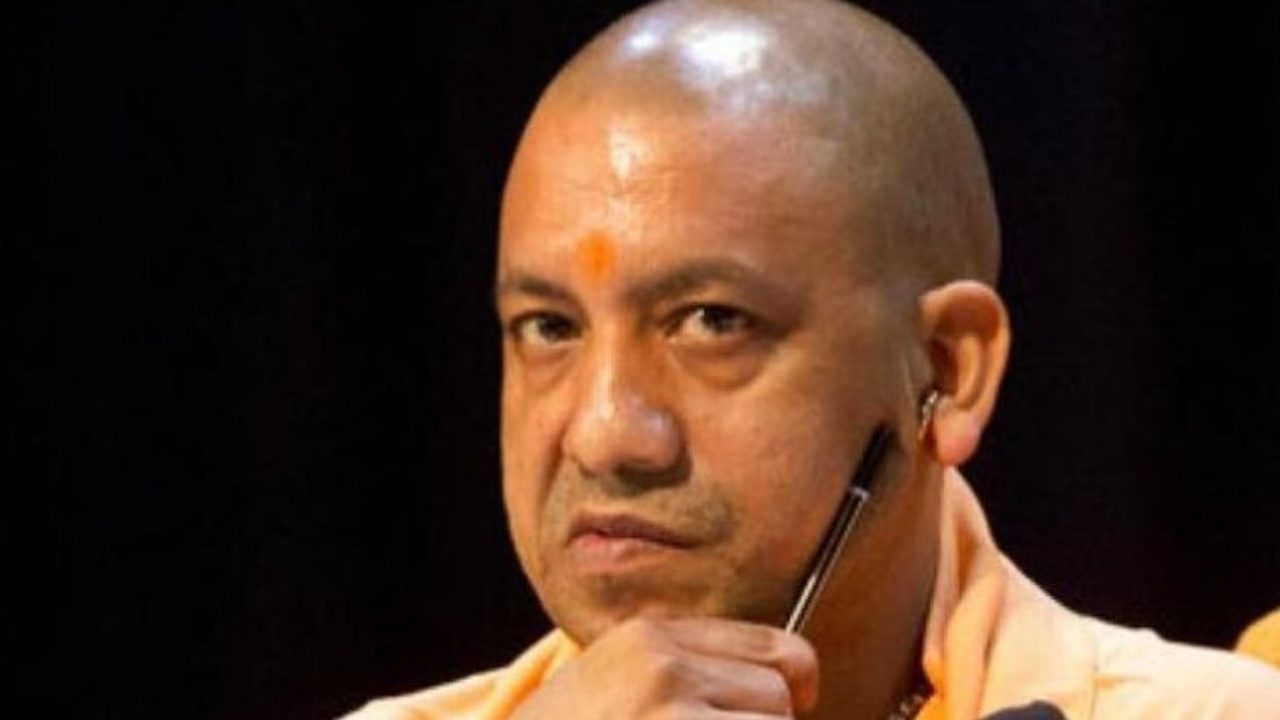In a historic moment, the Women’s Reservation Bill was passed in the Lok Sabha on Wednesday, witnessing an overwhelming show of support. A staggering 454 members of the lower house voted in favor of considering the bill, while only two opposed it. This crucial legislation aims to reserve one-third of the seats in both the Lok Sabha and state assemblies for women, marking a significant stride toward gender equality in Indian politics.

Nari Shakti Vandan Adhiniyam: A Landmark Proposal
First Bill in the New Parliament Building
The bill, officially known as the “Nari Shakti Vandan Adhiniyam,” was introduced by the government on Tuesday, making it the inaugural bill to grace the chambers of the new Parliament building. This legislation represents a long-awaited opportunity to enhance women’s participation in policy-making, a mission that has been stalled for more than a quarter-century due to the lack of consensus among political parties.
Debate and Divergent Views
Congress Leader’s Support and Calls for Inclusion
During the Lok Sabha discussion on Wednesday, Congress leader Sonia Gandhi lent her support to the bill but also voiced a crucial demand. She called for a provision to be included in the bill that would reserve seats for Other Backward Classes (OBC) women, urging the immediate implementation of this quota.
Controversy Over Implementation Details
According to the bill’s provisions, the reservation would be activated following a delimitation exercise and would remain in effect for 15 years. However, several opposition leaders raised concerns about the necessity of conducting a census and delimitation before implementing the women’s quota, arguing that it might lead to unnecessary delays.
Opposition from AIMIM
In contrast, AIMIM MP Asaduddin Owaisi vociferously opposed the bill, alleging that it would exclusively benefit “savarna women.” He asserted that the government aimed to bolster representation for women from the savarna community while neglecting OBC and Muslim women. Owaisi pointed out the striking disparity, noting that out of 690 women MPs elected to the Lok Sabha, only 25 hailed from the Muslim community. His remarks added a layer of contention to the ongoing debate over the bill’s potential impact on diverse groups within Indian society.
AIMIM’s Firm Stance
AIMIM chief Asaduddin Owaisi, along with party MP Imtiaz Jaleel, consistently opposed the Women’s Reservation Bill during its discussion in the Lok Sabha on Wednesday, adding their voices to the ongoing discourse surrounding this landmark legislation.













